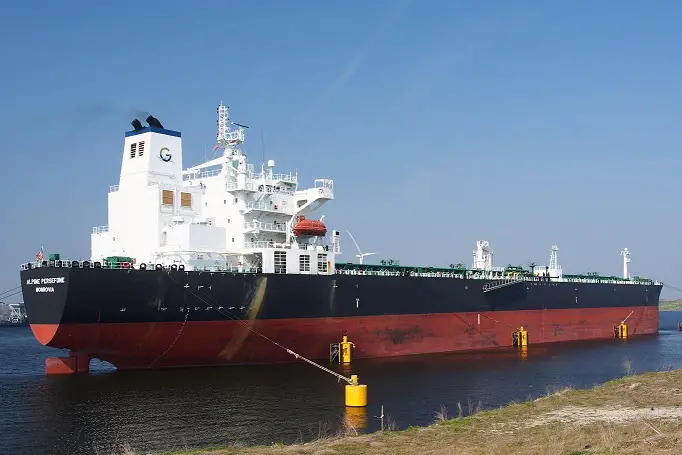On Friday, Bloomberg reported that based on calculations of budget data being released by the Russian government, the price cap which the G7 and EU have sought to impose on seaborne cargoes of Russian crude oil have been largely ignored.
The Russian Finance Ministry reported that gross revenues from the three primary tax sources of oil money nearly doubled between April and October, hitting over $13 billion last month. That was more than in any single month in the year 2021.
Last December, the EU and the G7 imposed a $60-per-barrel price cap on Russian seaborne crude oil shipments. The price cap forbid Western firms from supplying shipping insurance, brokerage, and other shipping services for any shipment of Russian crude oil unless the cargo had been sold at or below the capped price.
In February, the group imposed a similar price cap on exports of petroleum products. The measures were designed to reduce the revenues Moscow saw from sales of Russia’s energy products, while not forbidding the sales, and affecting the underlying supply in the market or driving prices up.
Earlier this week, however, Bloomberg reported that an examination of trade and shipping data by the KSE Institute found that more than 99% of Russian seaborne crude which was sold in October was sold at $79.40 per barrel, which was significantly above the $60 per barrel capped price set by the EU and G7.
Meanwhile as the price cap has failed to reduce the revenues Moscow is enjoying from the sales of its energy products, the US Treasury Department is launching a new campaign seeking to drive up the costs which Moscow needs to pay to keep an alleged shadow fleet of tankers which have unclear ownership or insurance status operational.


